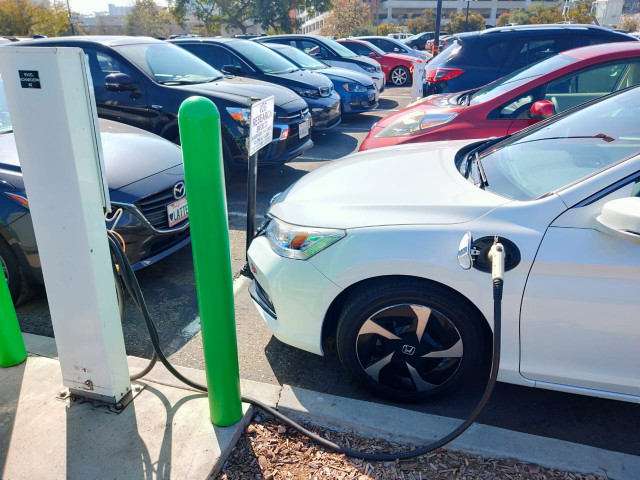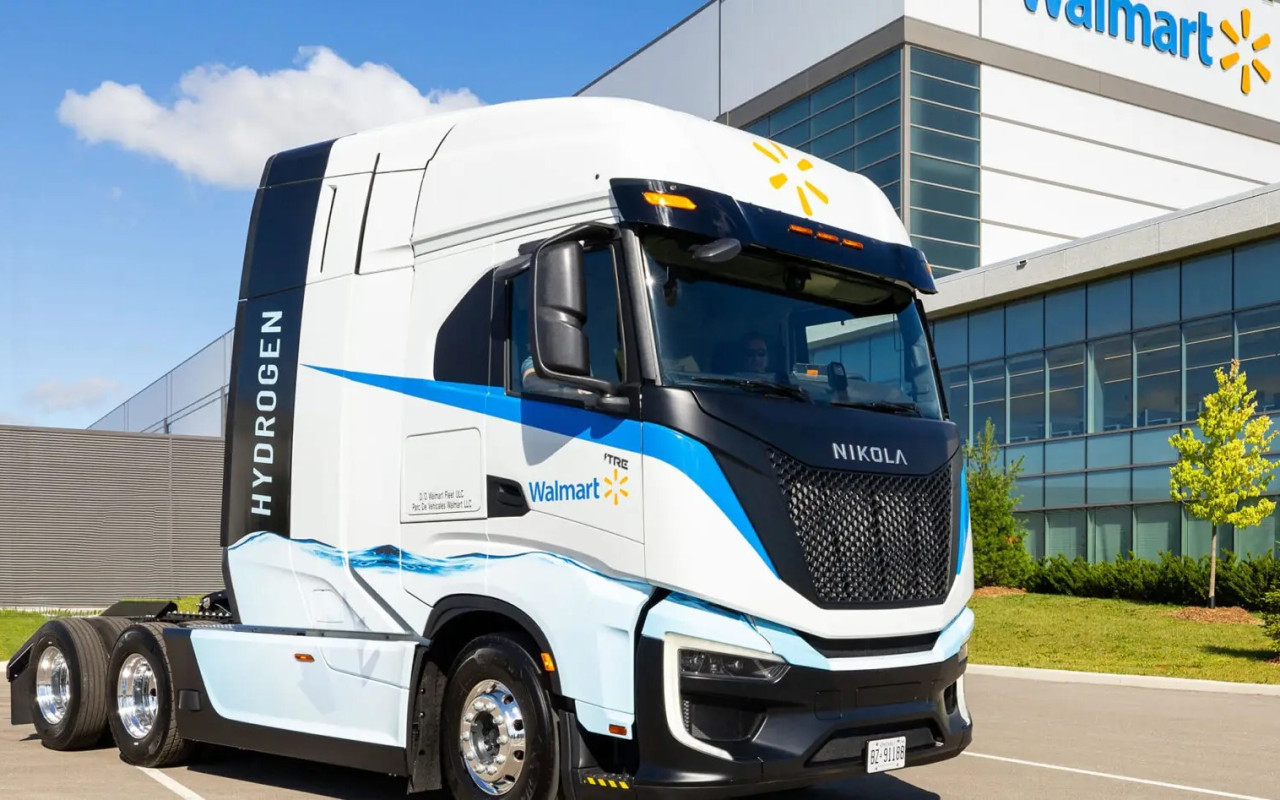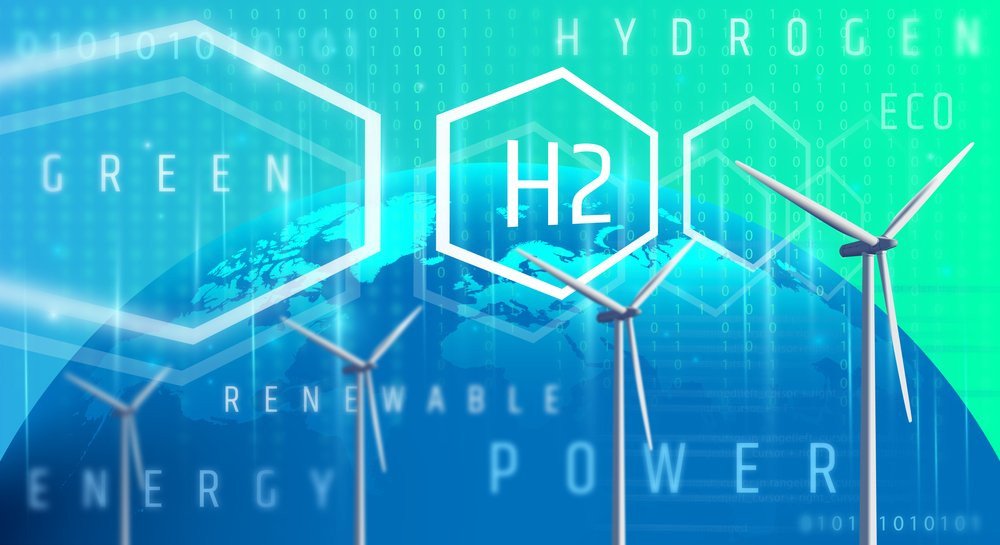Revised guidelines for charging infra to boost public EV charging in India
The Union Ministry of Power (MoP) has recently issued the revised and consolidated guidelines and standards for EV charging infrastructure in the country. It has issued 'Charging Infrastructure for Electric Vehicles—Guidelines and Standards' on January 14, 2022, which describes the roles and responsibilities of various stakeholders at the central and state level for the expeditious deployment of public EV charging infrastructure in India.
The latest amendments to the EV charging guidelines and standards touch upon the following aspects:
- To provide an affordable tariff chargeable by public EV charging station operators and owners and Electric Vehicle (EV) owners.
- Enable owners to charge EVs at their residences or offices using their existing electricity connections.
- A revenue-sharing model has been suggested for land use to make a public charging station financially viable from an operational perspective.
- Timelines prescribed for providing connectivity to the Public Charging Station (PCS) for faster rollout of public charging of EVs.
- Technical requirements for public charging stations have been elaborated.
With the lack of adequate charging infrastructure seen as a key impediment for accelerating the adoption of electric vehicles in India, the union government is making a 360-degree approach to enhance public charging infrastructure by involving private and public agencies.
In this regard, MoP plans to have charging stations should be in an area of a 3×3 km grid. Currently, India has a total of 1640 operational public EV chargers. Out of which, 9 big cities namely Surat, Pune, Ahmedabad, Bengaluru, Hyderabad, Delhi, Kolkata, Mumbai, and Chennai account for approximately 940 stations.
Interestingly, the government has increased its focus initially on these 9 megacities (with a population of over 4 million). Efforts are in place through various implementing agencies to speed up the deployment of public EV charging infrastructure. There has been the additional installation of 678 public EV charging stations between October 2021 to January 2022 in these 9 cities, which is about 2.5 times the earlier numbers.
These developments have exhibited greater confidence among the consumers to shift towards electric mobility. After the saturation of EV infrastructure in these megacities, the government also has plans to expand the coverage to other cities in a phased manner.
In addition, the Department of Heavy Industry has recently sanctioned 1,576 public charging stations for 25 highways and expressways, which shall be located within every 25 km of range on both sides of these routes.
Further, oil marketing companies have also announced the setting up of 22,000 charging stations in prominent cities and on national highways across the country. Of these, 10,000 will be installed by IOCL, 7,000 stations by Bharat Petroleum Corporation Ltd. (BPCL), while the rest of 5,000 will be installed by Hindustan Petroleum Corporation Ltd. (HPCL).
It is to be noted that the IOCL has already installed 439 EV charging stations and plans to install another 2,000 EV charging stations over the next year. On the other hand, BPCL has installed 52 charging stations and HPCL established 382 charging stations.




















